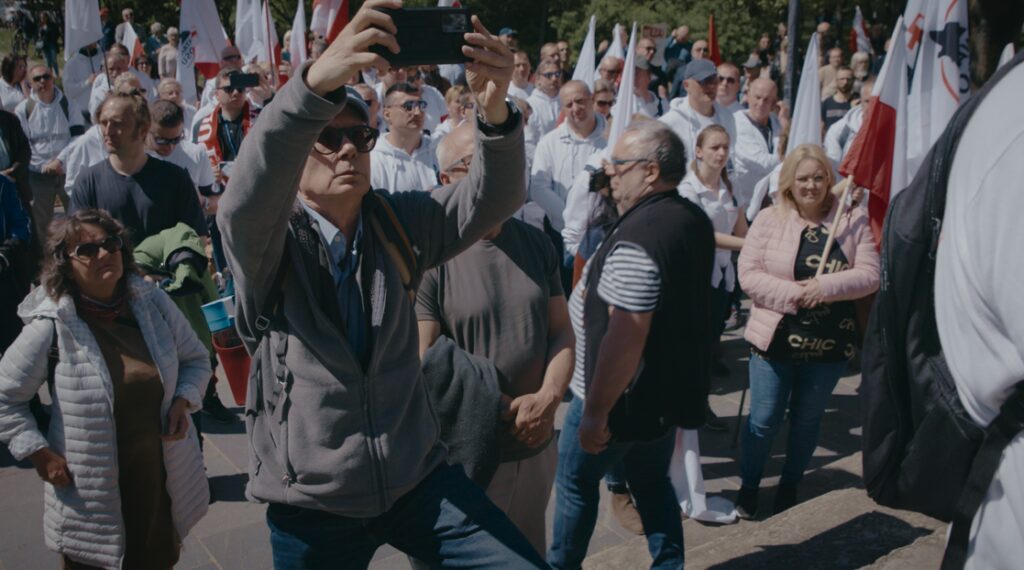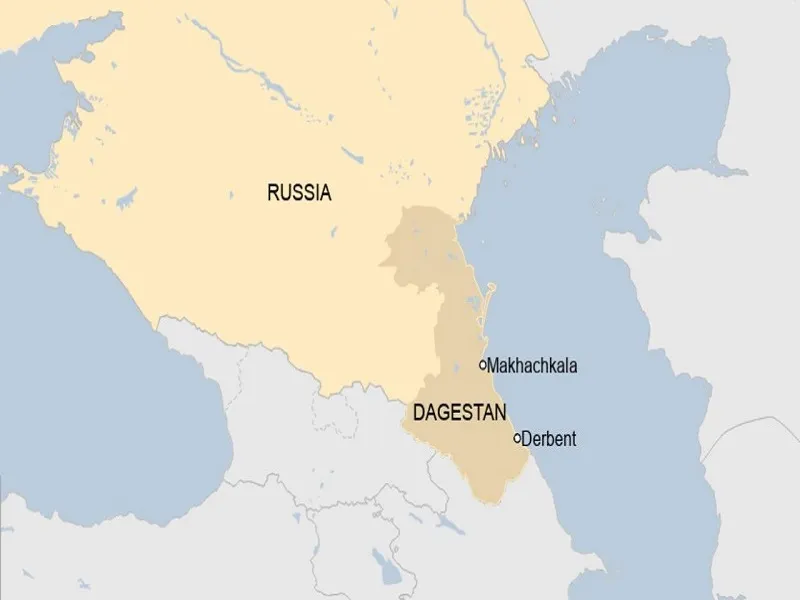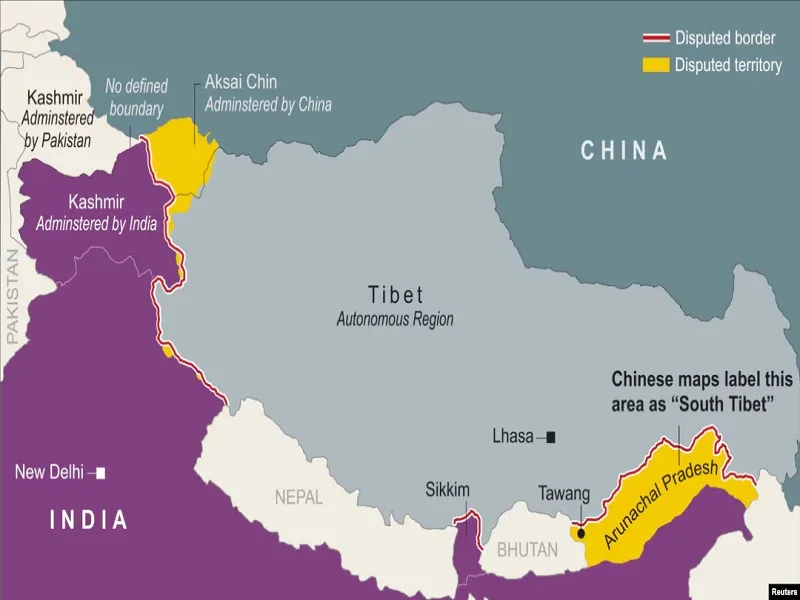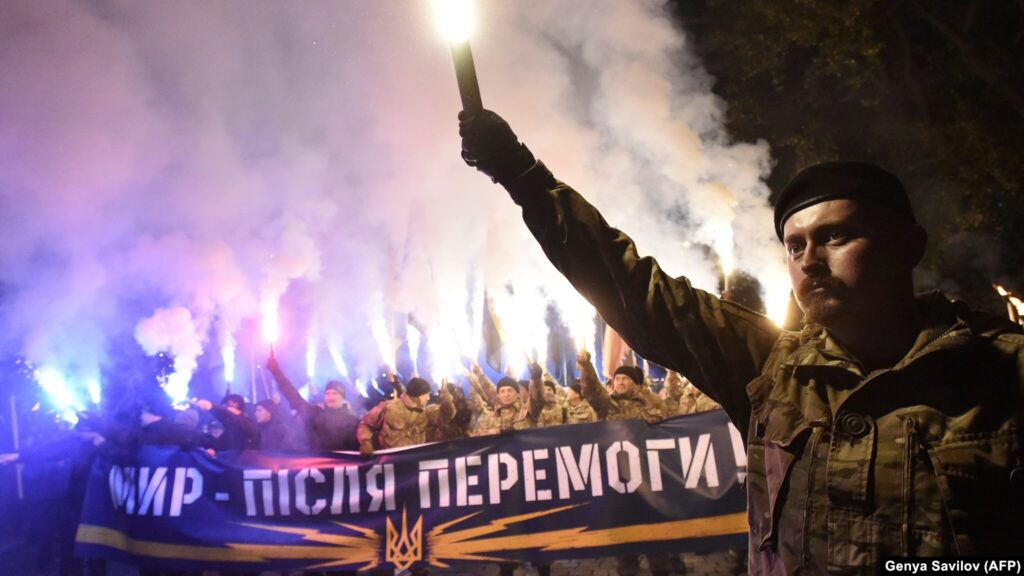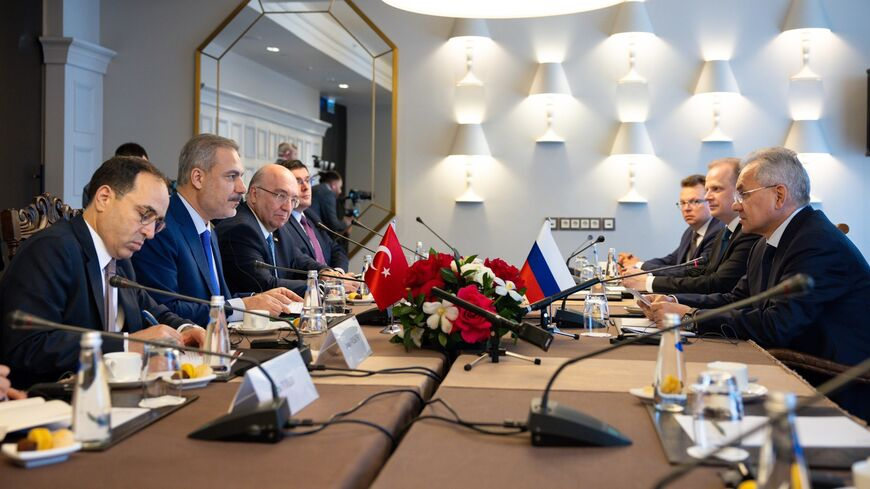Green Peace

How the Fight Against Climate Change Can Overcome Geopolitical Discord
The clean energy transition has reached adolescence. Its future direction is not yet set, and in the meantime, its internal paradoxes make for a volatile mix. Political leaders fret that ambitious steps to address climate change will aggravate geopolitical problems in a world already troubled by wars and humanitarian crises. Governments worried about energy security after Russia’s invasion of Ukraine have advocated for strategies that embrace both fossil fuels and clean alternatives, lest dependence on imported oil give way to reliance on imported lithium. Rising inflation and economic slowdowns, too, are exacerbating concerns that the energy transition will lead to job losses and price hikes. The warnings are coming in quick succession. In March, BlackRock CEO Larry Fink championed “energy pragmatism” in his most recent annual letter, and a few weeks later, a JPMorgan Chase report called for a “reality check” about the transition away from fossil fuels. In April, Haitham al-Ghais, the secretary-general of OPEC, wrote that the energy transition would require “realistic policies” that acknowledge rising demand for oil and gas.

